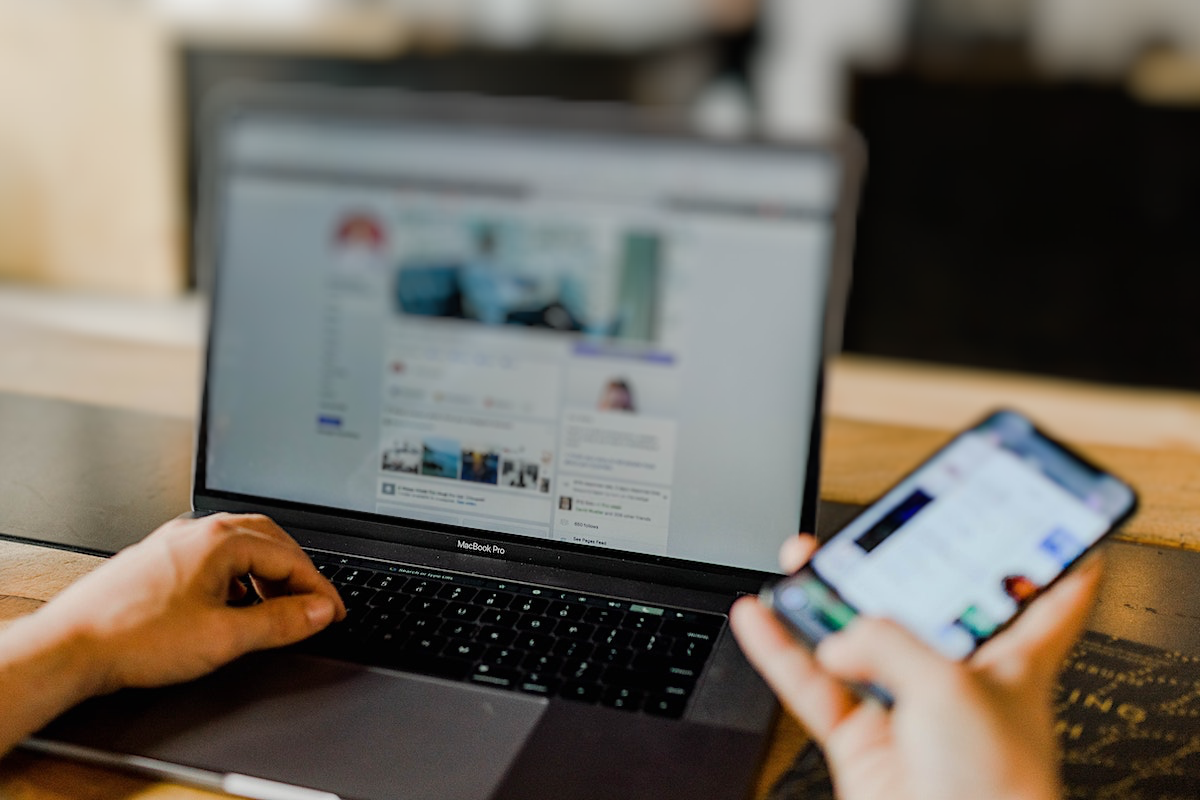
In times of uncertainty it’s easy to be lead into scare tactics, into stories that fall in line with our beliefs, and the things that give us hope — may any of these be true or not. It is in these times that we look for something that makes sense under what feels like an umbrella of chaos. Living in a pandemic is stressful, and it’s hard. But we have to continue to be diligent in finding the truth.
American social media usage is up 32 percent since the outbreak of COVID-19 according to Statista. There’s more content being created to appease that new market—whether it’s sales at your favorite online stores, news sources bringing you stories about the things happening in your city, or memes that get you through the day. This isn’t a bad thing. Staying connected to the world around us keeps us going, being part of a community is part of being human, but so is making an income.
We’ve all heard it before, “If it’s free, you’re the product.” This is something to keep in mind during your scrolling over these next few weeks, or months, or however long we’re confined to our homes to save the lives of the most vulnerable. The free social media platforms we use are full of marketing, sure, but your clicks to share posts are money, too.
When we see a shocking headline, or a picture that resonates with us, we’re likely to share it. We live in a busy world where we don’t have time to check and double-check our sources—except now, we do.
The greatest obstacle to “fake news,” which is news that isn’t true, not news you might not like, is an informed audience. Before you share that article, read it to make sure it doesn’t have a misleading headline to harness shares. See if it’s from a news source you know you can trust, not one you haven’t heard of before.
If you see an infographic about COVID-19 safety you haven’t heard of before, a video of a doctor with a miracle cure, or anything else that seems fishy, look it up. If the Center for Disease Control (CDC) or the World Health Organization (WHO) hasn’t confirmed these claims, they aren’t reliable. Websites like Snopes are great for looking up the headline you just saw—they do all the research for you, and you can look at a short summary about why, or why not, a claim is true.
False information, especially that revolving around COVID-19 isn’t just inconvenient, it can be deadly. Following recommendations not approved by the CDC and WHO can put lives at risk, conspiracy theories divide us from working together to protect the most vulnerable. It is essential right now that we know the difference between the things we speculate to be true, versus the things that have been confirmed to be true.
Being informed is one of the best things you can do from home to protect the people around you. Sharing things that are real facts, not rumors, not clickbait, can ensure that you, and your friends and family, aren’t lied to, or given false information. You have the opportunity to be the filter we all want to see, one that keeps misleading content at bay and away from those that don’t know how to tell truth from fiction on a feed.







